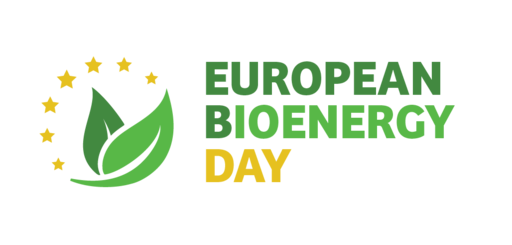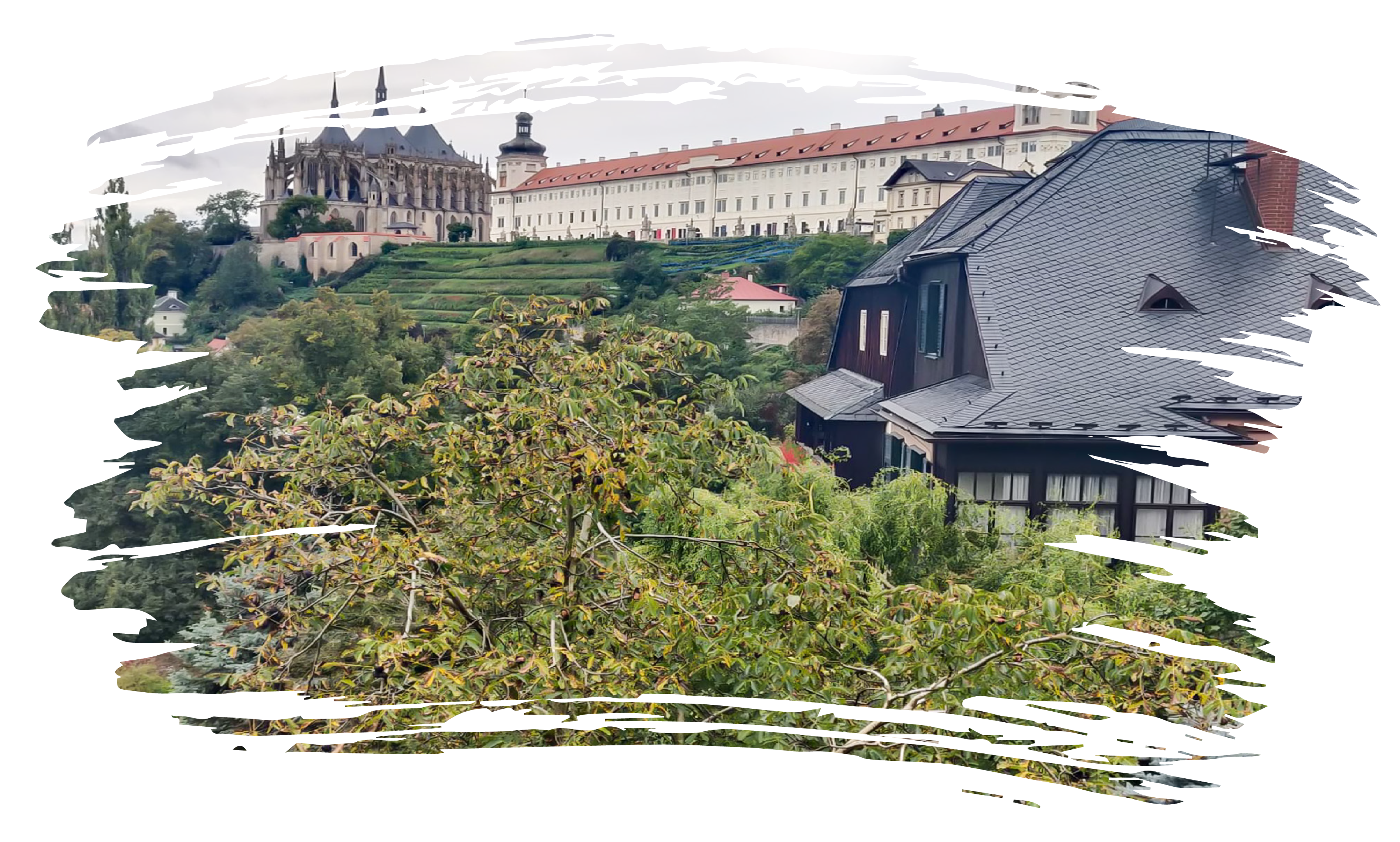Kněžice and Kutna Hora – 2 outstanding projects
Biomass is at home in Czechia
In the small municipality of Kněžice, Czechia, there is 1 biogas plant and 1 heating plant for straw and woodchips, in operation since 2006. As compared to pre-2006, when heating was based off coal, air quality is today much improved. Heat is delivered to individual homes and businesses at about 44 euros/mWh. The biogas plant uses food waste and residues such as agrobiomass and feed residue. The heating plant uses biomass from roadside maintenance and forestry management, as well as straw.
Located around 80 km from Prague, the town is energy self-sufficient thanks to a bioenergy facility, which consists of a biogas plant with CHP (330 kWel and 400 kWth) and a biomass heating plant (boilers 800+400 kW). The technology supplies the population with more than 90% heat and produces significantly more electricity than the village consumes, so that electricity can be sold. Additionally, the use of biogas units solves the problem in Knežice of organic waste processing. The centre operated by the municipality also produces pellets for heating houses in the neighbouring area
A self-sufficient town
The initiator and investor of the whole project is the municipality of Kněžice. Most of the funding for the project came from EU financial support schemes, a smaller part consisted of a loan from the bank and from the State Environmental Fund. The investment cost of this project was CZK 117 million (around 5 million Euro), without VAT, and has 123 connection points. This project is comparable to some of the far more intense investments in the Czech energy sector.
The total investment consisted in the construction of: (i) biogas stations with a cogeneration unit; (ii) wood waste incineration plants; and (iii) heat conduit from pre-insulated pipelines around the town. The latter will transport to almost every home in the town the heating and domestic hot water, coming from the boiler room and from the biogas plant throughout the year.
The boiler room mainly burns grain, linseed straw and energy sorrel in giant packs as well as small wood waste. It then delivers heat to the central heating system (CHP). Ash from wood and straw burning is used as a fertilizer for agricultural land. The boilers are in operation only during the heating period, when the excess heat from the biogas station is not enough to cover the heat demand in the CHP system. Mainly organic waste from a local farm, livestock manure, as well as bad and old biomass (silage, grass, grain, etc.) serve as an entry to the biogas plant. The station further elaborates and ecologically eliminates the sober content of the septic tanks and cesspools from Kněžice and its surroundings.
The Benefits
The benefits of the Kněžice project are twofold: firstly, they lie in saving of fossil fuels and the reduction of harmful emissions in the municipality. Secondly, the amount of electricity produced by the cogeneration unit in Kněžice will not be produced in Czech coal power plants. Overall, about 11 000 tons of CO2 emissions will be saved per year. One-year financial benefit for the municipality as a heating plant operator will be about 4.2 million CZK (166 000 euro). Therefore, despite the relatively high purchase price of electricity from a biogas plant and considering the payment of the loan, the return on investment will occur in about 15 years.
Kutna Hora – A community united for its own energy
In a UNESCO city, Kutna Hora, a CHP plant heats buildings with straw and hay at 50euros/mWh from the surrounding countryside. The plant is housed on the premises of an old steel plant.
-
-
- The private company operates its own CHP on grass biomass and provides heat supply services.
- The electric capacity of the CHP is 23 MW.
- The source of energy is grain and rapeseed straw and purposefully grown energy crops.
- The annual consumption of straw is 55 thousand tons.
- As a rule, the supply of raw materials is carried out at a distance of up to 50 km from the power plant. The company has a long-term contract for 10 years and provides straw harvesting services for its partners. The company offers for fuel suppliers the opportunity to take a certified ash-based fertilizer after combustion.
-
Source: https://uabio.org/en/news/9019/
About the campaign
The campaign is powered by Bioenergy Europe and relayed across Europe by both national and international partners supporting the belief that bioenergy is more than a renewable energy source, it is also a reliable path that will lead Europe to achieve its renewable energy transition in the shortest span of time.


